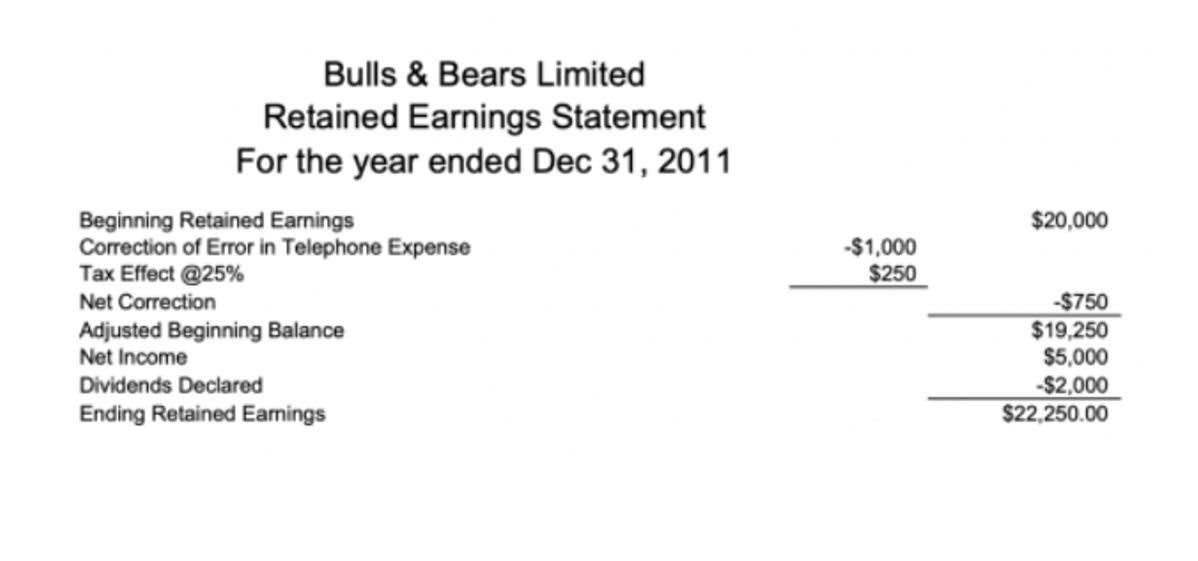
A cash reserve — even a modest one — cash flow management for small business can help you weather financial challenges and take advantage of new business opportunities without negatively impacting your cash flow. Market conditions, costs, and goals can change, and your cash flow situation will change with them. So updating forecasts and monitoring your cash flow in real-time is crucial. Your accountant or tax professional can help you estimate your tax obligations so you can have enough cash on hand to cover your tax payments and avoid interest and penalties. If you need help with your small business cash flow, the following tips can help you do a better job and keep your business on track. Relationships are everything when it comes to this aspect of business.

Simple Tips for Managing Cash Flow
- This article will explain what cash flow management is and why it’s important.
- One way to sidestep any issues is by setting clear payment expectations from the get-go with your clients—both in a contract and verbally.
- Establish a cash reserve to prepare for unexpected costs or disruptions to your business.
- It’s much better to know what’s coming, even if the outlook isn’t good.
- As outlined in the cash flow formulas above, having the cash on hand now doesn’t always indicate future cash flows or money available to invest.
The best way to keep control of your money is with cash flow statements. Cash inflow is the money coming to a business—this includes sales, interest earned on investments, and any credits paid to the company. For example, expenses like website maintenance and hosting, inventory purchasing, rent, shipping fees, and more. A cash flow statement records these inflows and outflows so you can see it all at a glance and dive deeper where needed. Reviewing your cash flow https://www.bookstime.com/ statement can also help you stay on top of cash flow.

How does automation improve cash flow management?
In addition to being a cash flow management tool, cash budgets can serve as a small business management tool to explore and plan for future business scenarios. For example, a business owner could look at the impact on the budget of changing the speed of payment collections through invoice factoring or examine the impact of equipment leasing. This technique allows business owners to predict the outcome of a business decision or potential situation that impacts cash flow and plan accordingly. Therefore, small business owners need to understand the liquidity of their business at all times. They should understand how many months of cash flow their business can easily generate before it runs out of cash and becomes insolvent.
tips on cash flow management for small businesses
- Regardless of the specific approach, selling excess inventory or equipment can be an effective way to boost cash flow and improve the financial health of a small business.
- Managing cash flow — how much money is going out the door versus how much is coming in — is essential for every business.
- The timing of this review depends on the nature of your business and whether or not you’re having cash flow issues.
- A shorter cash conversion cycle means faster access to cash, which can be reinvested or used to cover expenses.
For larger corporations, it’s also what you use to calculate shareholder equity and the rate of returns. We’ve made a list of 23 inspirational family business quotes that were shared by people who had been through difficult times and overcome those challenges. We’ve listed 23 inspiring business risk quotes that will remind you that the reward of taking calculated risks most often outweighs the possible drawbacks. Greg Grzesiak is an Entrepreneur-In-Residence and Columnist at Grit Daily.

These tools provide insights into cash inflows and outflows, create cash flow reports, and make projections to better equip you for upcoming business activities. Ensure the financing aligns with your cash flow management goals and doesn’t create an unsustainable debt burden. trial balance Adequate financing can provide a temporary cash infusion to cover operating expenses or fund strategic initiatives, ultimately contributing to your business’s financial stability. If you don’t have outstanding accounts receivable but want additional financing to increase your cash flow, cash-flow loans could be an option. Cash-flow loans are short-term, often high-interest loans or lines of credit offered by online lenders. You shouldn’t rely on cash-flow loans for typical expenses such as rent and payroll.
